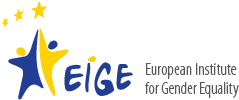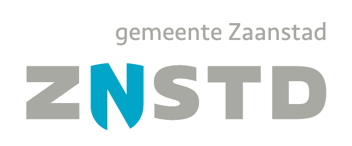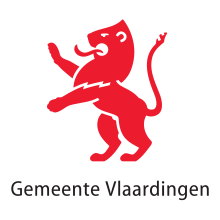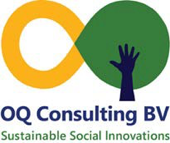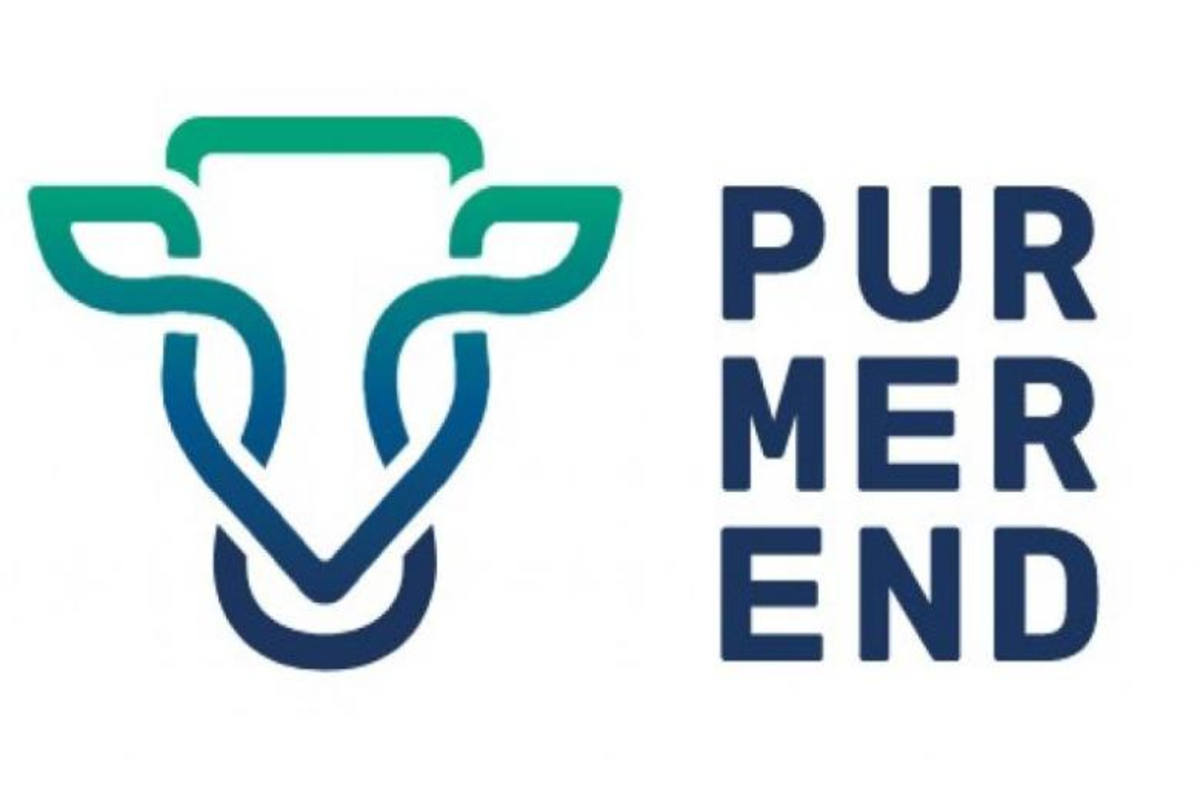There is a new way of making an impact on the poverty or harm cycle associated with industries in fragile economies. The new approach is to develop multi-stakeholder initiatives (MSIs).
MSIs are defined by multinational watchdog SOMO researcher Dr Mariette Huijstee as initiatives in which diverse actors from different areas come together to address sustainability issues. Most common forms of multi-stakeholder initiatives – like the Dutch Fair Wear Foundation, the Forest Stewardship Council and the Roundtable for Sustainable Palm Oil (RSPO) – define minimum standards and codes of behaviour. Some go beyond defining a minimum and aim at continuously improving – for example – labour conditions in the production chain. MSIs are also seen as “initiatives taken by Western NGOs in tandem with local NGOs with involvement by Trade Unions as well.”
The people who are influencing and influenced by an economic project getting together and making sure the project works for everyone is, in a nutshell, what drives NETSHEILA, so we decided to explore – via internet – how well these initiatives are working.
There is little evidence available that the MSI’s are transforming the way companies work. The online information on MSIs comes from the companies themselves, and the northern partners promoting them. Few researchers seem to have bitten into this material. According to Huijstee (2012), impact assessments of MSIs are relatively rare, and the data that is available provides a mixed picture. “MSIs are successful in bringing parties together, sharing learning and finding common approaches,”she writes in her book, “But the impact of these approaches for the intended beneficiaries (eg. improved working conditions, biodiversity protection) seems marginal to date and is still not well understood. The most widely cited positive impacts of MSIs are improvements in health and safety conditions on the work floor. However, power relations between buyers and suppliers and between employers and employees have proved to be more resistant to change. Furthermore, standards negotiated by MSIs may also have negative social impacts, as they may provide an additional barrier to entry for small producers.”
One of the first sites to come up in my search was De Beers, the world’s largest diamond company.
De Beers participates in nine multi-stakeholder initiatives. One of them is the Extractive Industries Transparencies Initiative EITI, one such a standard. EITI explains the concept behind this Initiative: when the resource revenues are published, citizens can follow the money. They ask questions and they demand improvements. “If we know how much is paid in tax, we can partly fight corruption but also make sure that we see transparency lead to accountability”, says Jonas Moberg of EITI. Civil society can take effective action if they have access to information. It is a first step – with the information, reform initiatives can take place. This Initiative works to build multi-stakeholder partnerships in developing countries in order to increase the accountability of governments.
Some NGOs, like the faith-based Bench Marks South Africa, are paying attention to De Beers. They helped fund a campaign on Hondeklipbaai, a small community located on northwest coast of South Africa, that is trying to stop De Beers from getting out of its promise to rehabilitate the land it has exploited for almost 80 years doesn’t mention MSIs. At the center of the campaign is a two-minute film which shows the damage De Beers has caused to the community’s land, about 300 kms outside of Cape Town. During the film, community spokesperson Markus declares: “We are still living in dire poverty. De Beers says ‘a diamond is for ever’. The reality here is that our suffering is for ever”.
The Namaqualand traditional land today
The film ends: “Ask the Minister of the Department of Mineral Resources to ensure transparency and accountability in the sale of the Namaqualand Mine, and proper rehabilitation of the damage caused by mining, as required by law.” Transparency is what the EITI is all about.
My internet search does not find the answer to the question: is the MSI failing in the case of Namaqualand? It does find however that the mine has a new owner, as of March 2012, Trans Hex. Trans Hex did not want to inherit De Beer’s rehabilitation liabiltiies and the revised purchasing agreement (July 2013) left De Beers responsible for the rehabilitation of the Namaqualand Mine, with an option for these mines to be sold to Trans Hex after four years depending on the status of the rehabilitation work carried out.
The De Beer website offers no information on how they plan to implement the environmental rehabilitation. Internet does not tell us anything about how valuable the MSI is in resolving the problems at Namaqualand.
It is not just the MSI that NETSHEILA is interested in. We have a long history in supporting indigenous communities as they engage with mining companies who enter their traditional lands and too often cause immense environmental and social damage. Indigenous people rarely have native title to their land and have as such little power in multi-stakeholder initiatives. In Australia, those indigenous communities that do have native title, have only the right to live in the area, or access the land for traditional purposes, hunt, fish and gather food and traditional resources. We follow with interest Papua New Guinea Boka Kondra amendments, aimed at giving an equitable share of production to customary land rights holders.
Mariette Huijstee’s book is a strategic guide for civil society organizations involved in MSIs. This is a must read for civil society organizations entering or participating in an MSI. She looks at the issue of trust, that is so crucial to the success of a network. She emphasizes the need to look at what other civil society organizations are already doing in the area and to engage with these organizations.
What I miss in her book is the value of MSIs, in developing knowledge that provides advantage to all participants. In my own research into the value of networks to companies, developing knowledge was found to be a key value and one that benefited all players.
Lin McDevitt-Pugh MBA
—————————————-
To contact Lin McDevitt-Pugh, call +31 6 150 48468 or write to admin at netsheila.com.
Our clients









